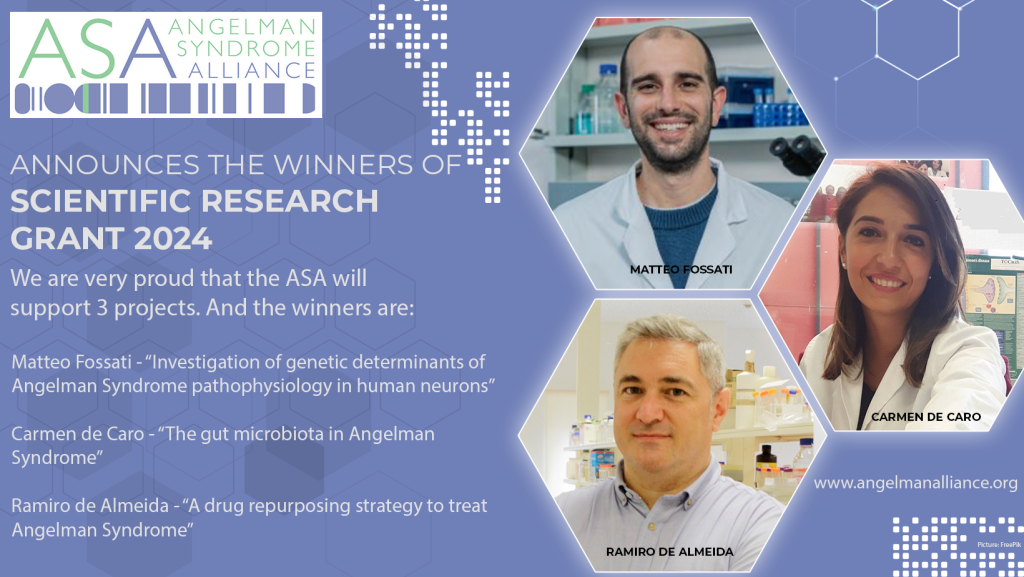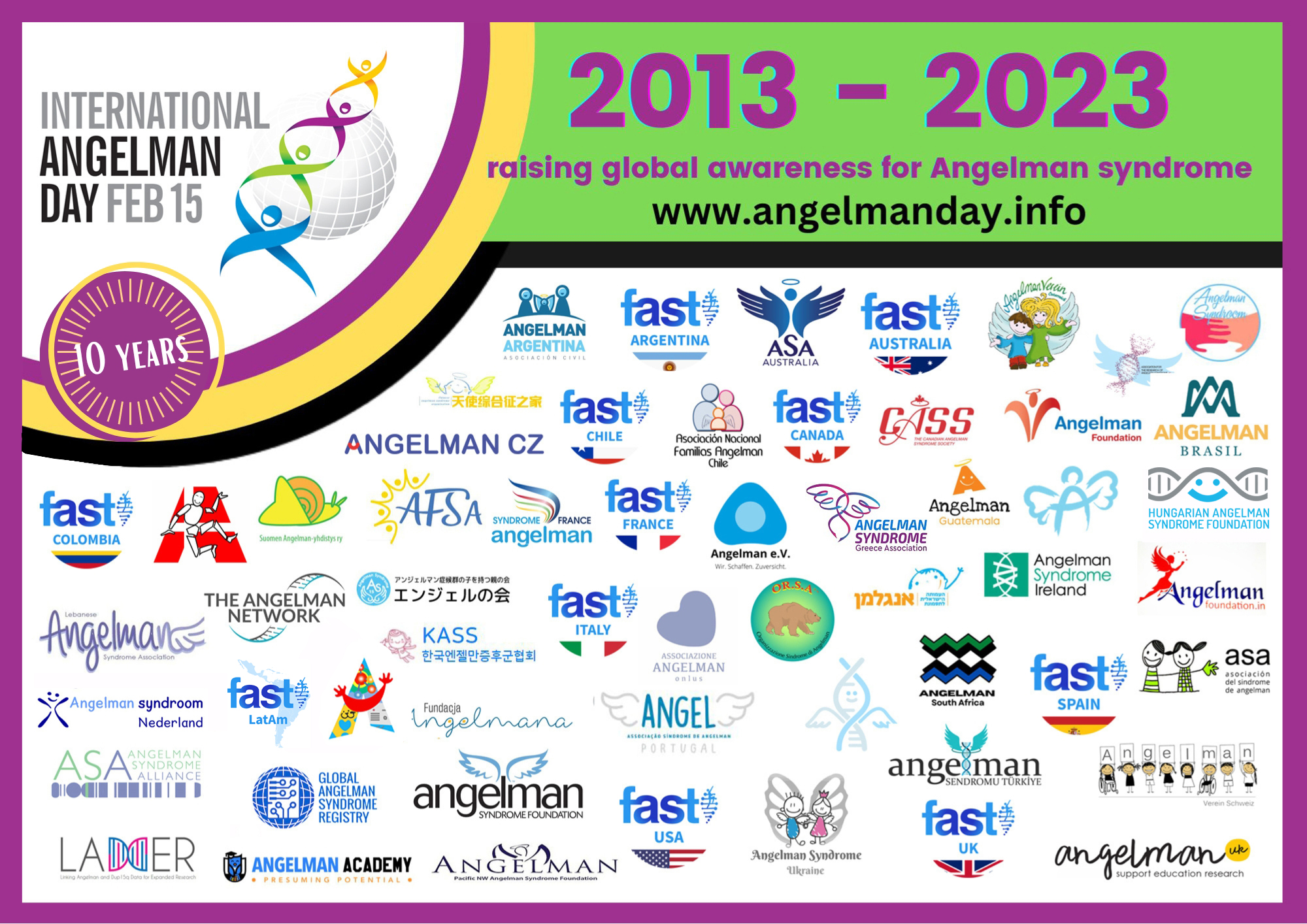
Join us at Clonfert Farm & Mini-zoo this July 21st at 12pm for a family picnic. There’s plenty to keep us entertained! We have a small private hire room which opens out to a picnic and playground area. There’s a large petting farm, bouncing castle, a cafe restaurant and soft-play center on-site.







